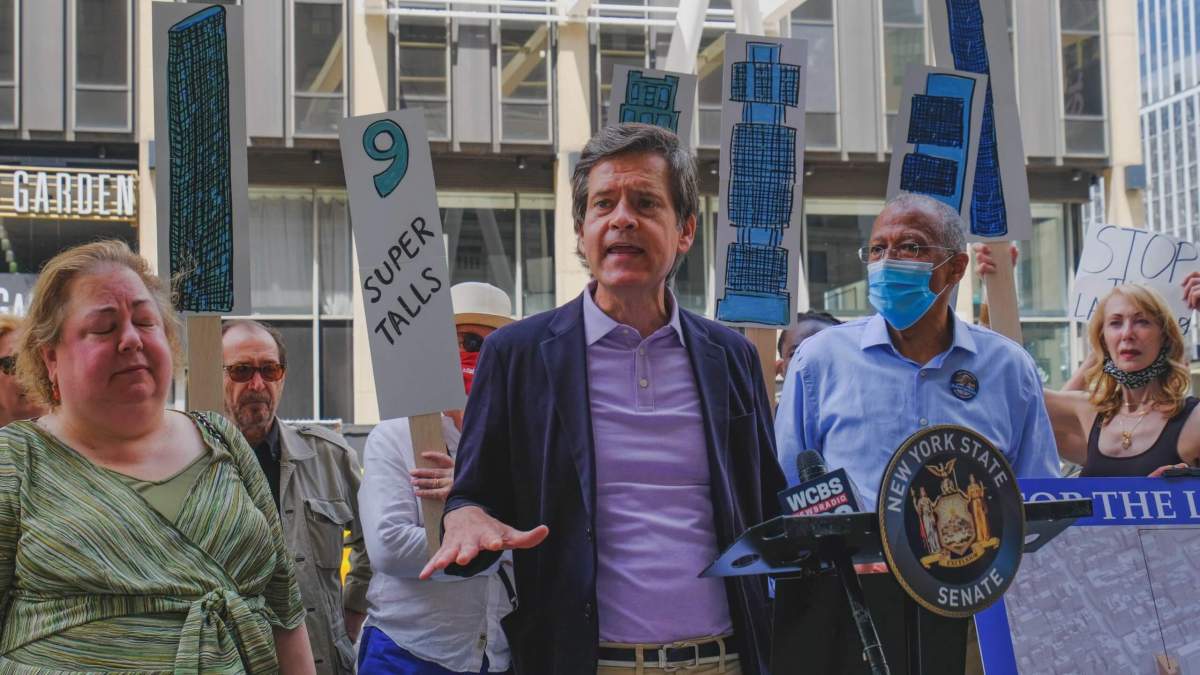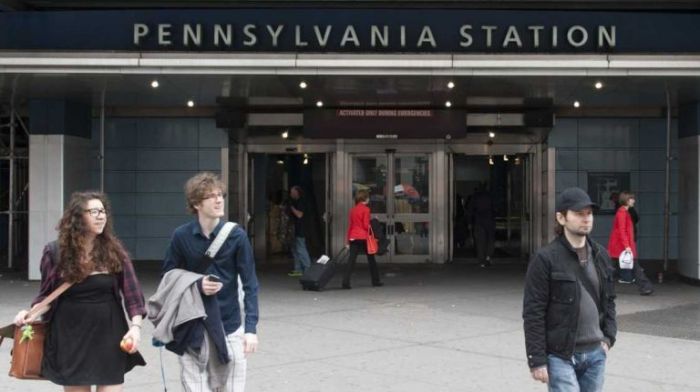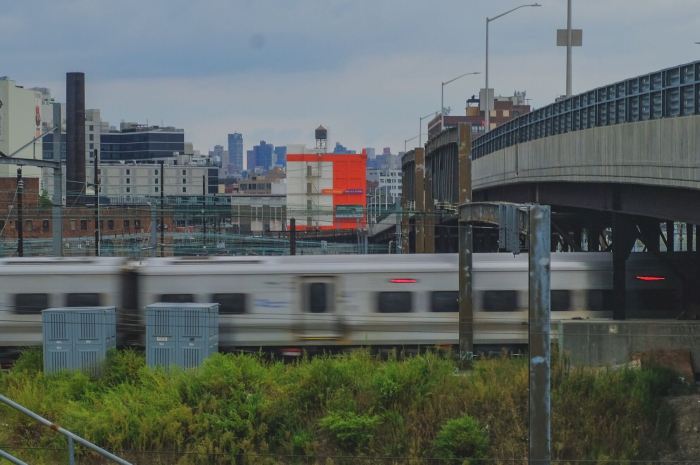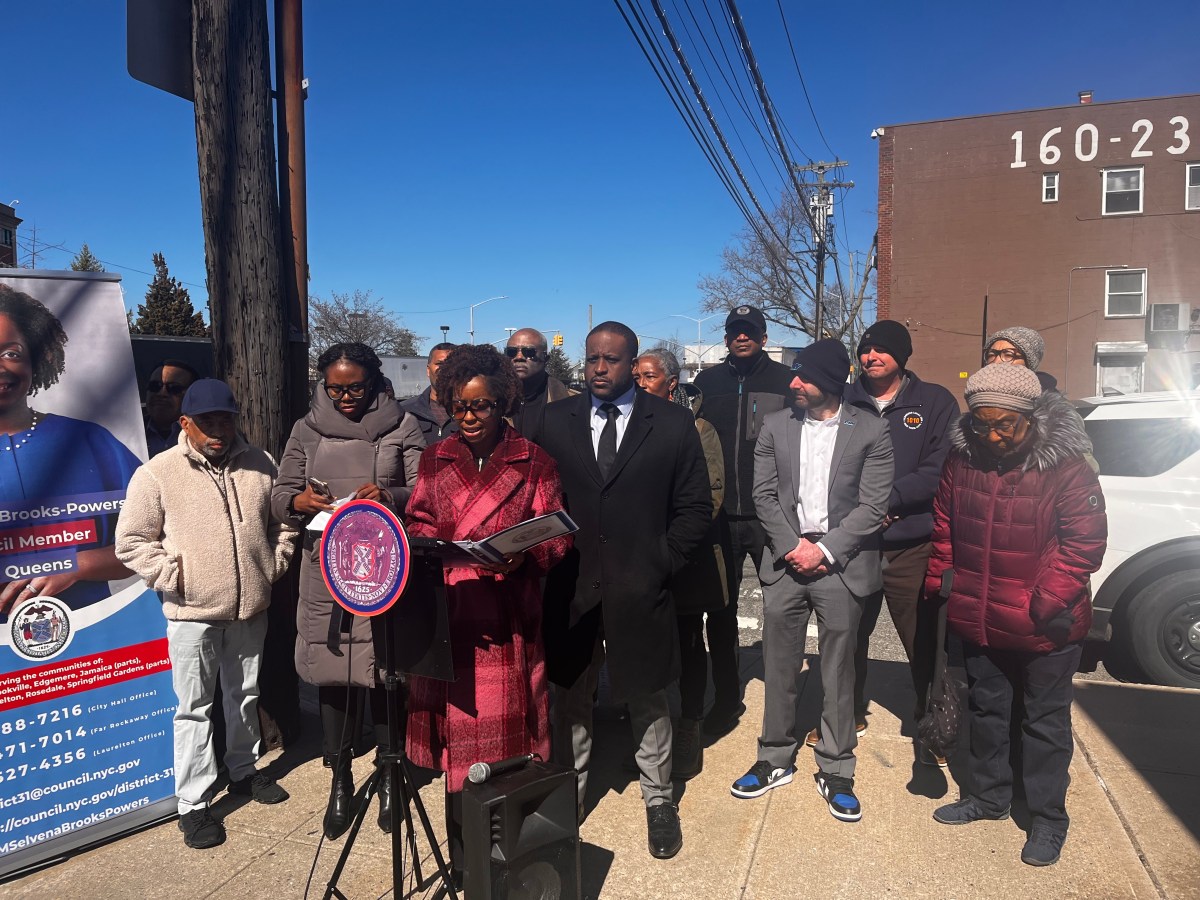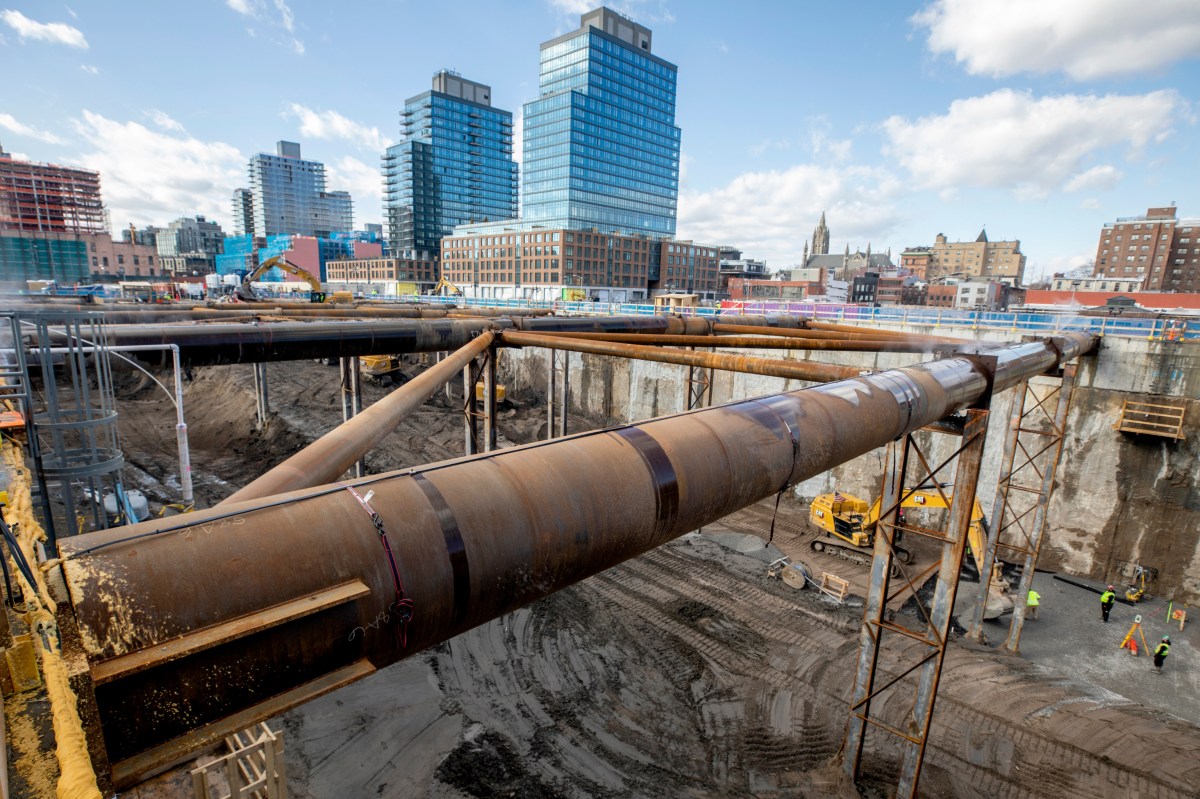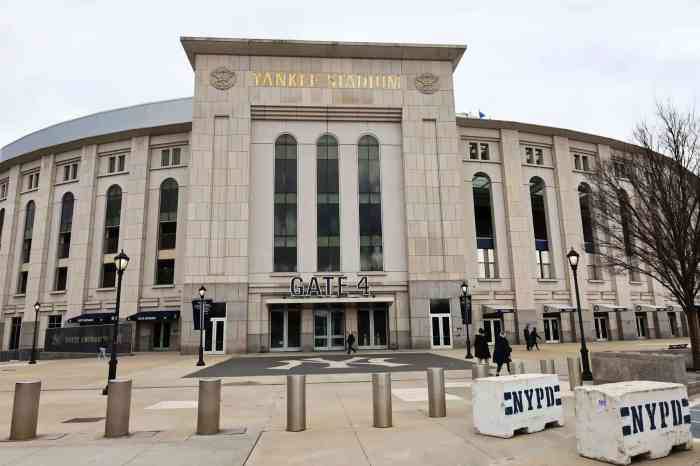The redevelopment of Penn Station through the Empire Station Complex proposal needs an open process for residents and City Council to weigh in, according to those opposed to Governor Andrew Cuomo’s project.
State Senator Brad Hoylman is advancing a bill that will require that both the expansion of transportation infrastructure and expansion of Penn Station through office space development both in the sky and the surrounding blocks goes through the Uniform Land Use Review Process.
“No height restrictions, no [floor area ratio] restrictions, no use restrictions, and you know what your tax dollars are subsidizing it to the tune of $1.3 billion, is that right? Let’s add something else to this mixture, which is that Midtown Manhattan has a vacancy rate of over 17%. Does that make sense? We don’t need 20 million square feet of commercial office space, We need supportive, and affordable housing,” Hoylman said. “If we don’t pass this legislation, a general project plan is literally going to bulldoze this neighborhood without any local, meaningful community input.”
State Senator Liz Krueger, chair of the Senate Finance Committee, explained that she was perplexed how the governor’s plan, showcased in January 2020, seems to offer little in the way of transportation improvements apart from a proposal to expand a block to the south and increase capacity by 40%.
“Clearly, we need a better Penn Station and clearly we need more ability for trains to go in and out Penn Station. It’s not all about the aesthetics. It is about whether trains can come and go, there are a lot of different ways for us to get there,” Krueger said. “When I was reading the governor’s plan for this deal, it doesn’t even talk about doing anything Penn Station, but just like happens to be sitting there next to it all.”
But Dan Biederman, president of the 34th Street Partnership, an advocate in favor of the redevelopment plan, does not put much faith the ULURP process as the way to go with the Empire Station Complex.
“There are other ways to participate other than ULURP. I’ve noticed that the state has put back a number of deadlines in response to the opposition. There was originally supposed to be some kind of deadline on April something and now that’s back to June or July, so I think the process argument is a little stretched,” he said. “The opponents are not experts on the real estate market… Nobody is saying these office buildings will be built this year, the market has plenty of time to recover.”
If anything, Biederman argued that transit improvements at Penn Station will increase demand for office space in what would be a convenient location.
“I’ve said this a number of times, if there’s anywhere that would be a great place to develop bulky buildings, it’s right on top of Penn Station, biggest [transit hub] in the country,” Biederman added.
In April, Matthew Gordon, a spokesperson with Empire State Development, issued the following statement:
“There has been universal consensus among community leaders that Penn Station needs to be overhauled and expanded, and the surrounding neighborhood needs to be revitalized. We are currently engaged in a robust community process on how to achieve those shared goals. To date, ESD has held more than 50 meetings with local elected officials and other community stakeholders, including a virtual public meeting attended by 200 people last July. We’ve incorporated public feedback into the project at every step — like adding residential alternatives for three of development sites — and will continue to do so as the process progresses.”
Part of the redevelopment riling protestors at the Sunday rally was the expectation that the Hotel Pennsylvania would be destroyed in the process.
Currently not serving guests, Hotel Pennsylvania is own by Vornado Real Estate Trust which is planning to replace what was once the largest hotel in world with a new skyscraper that could dwarf the Empire State Building just down the road.
Efforts for the Landmarks Preservation Commission to protect the 100 year old hotel, which is what little remains of the original Penn Station complex destroyed in the 1960s – essentially giving birth to the LPC – have been in vain, with the agency explaining that the structure “does not rise to the level of architectural significance necessary for consideration as a potential landmark.”



